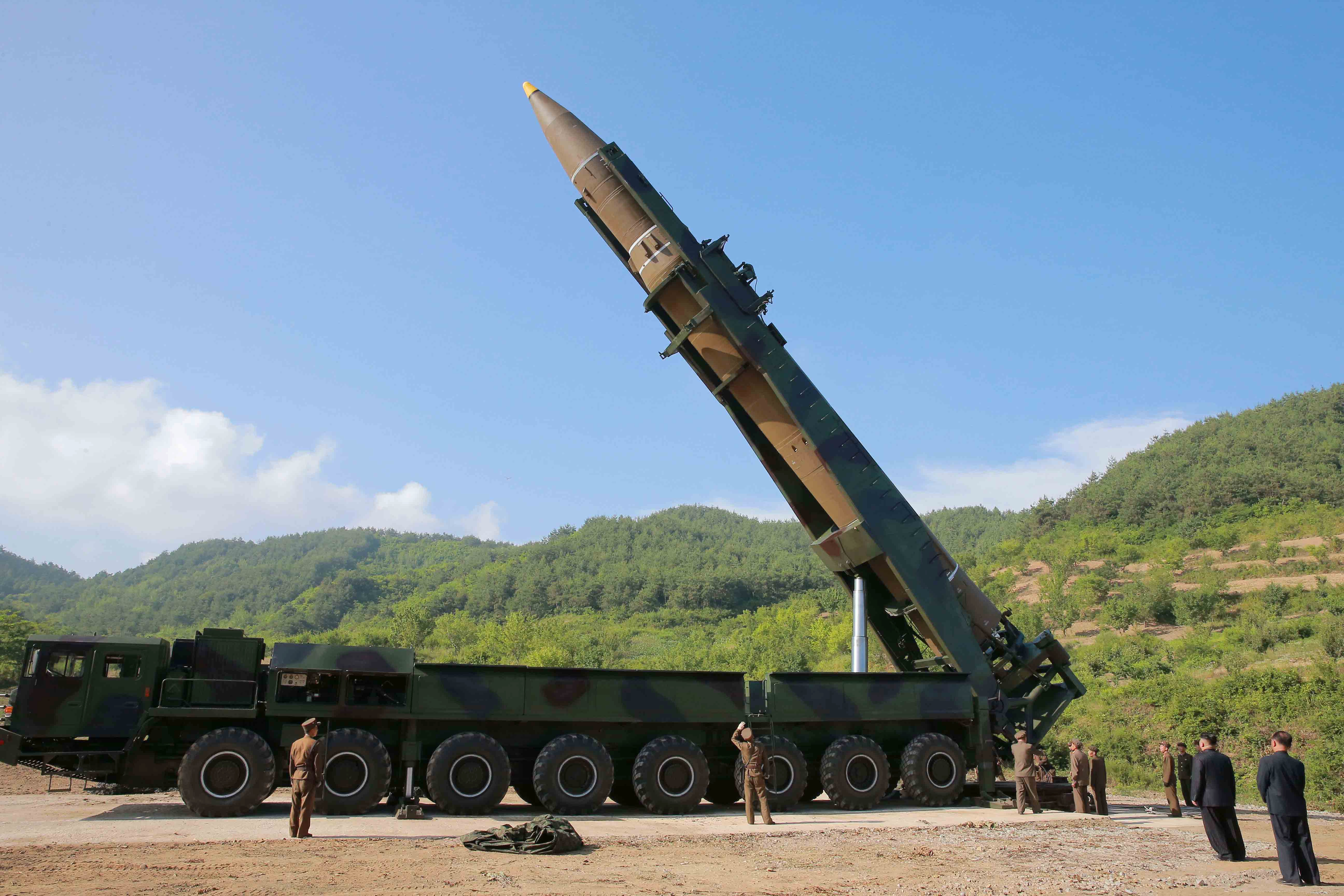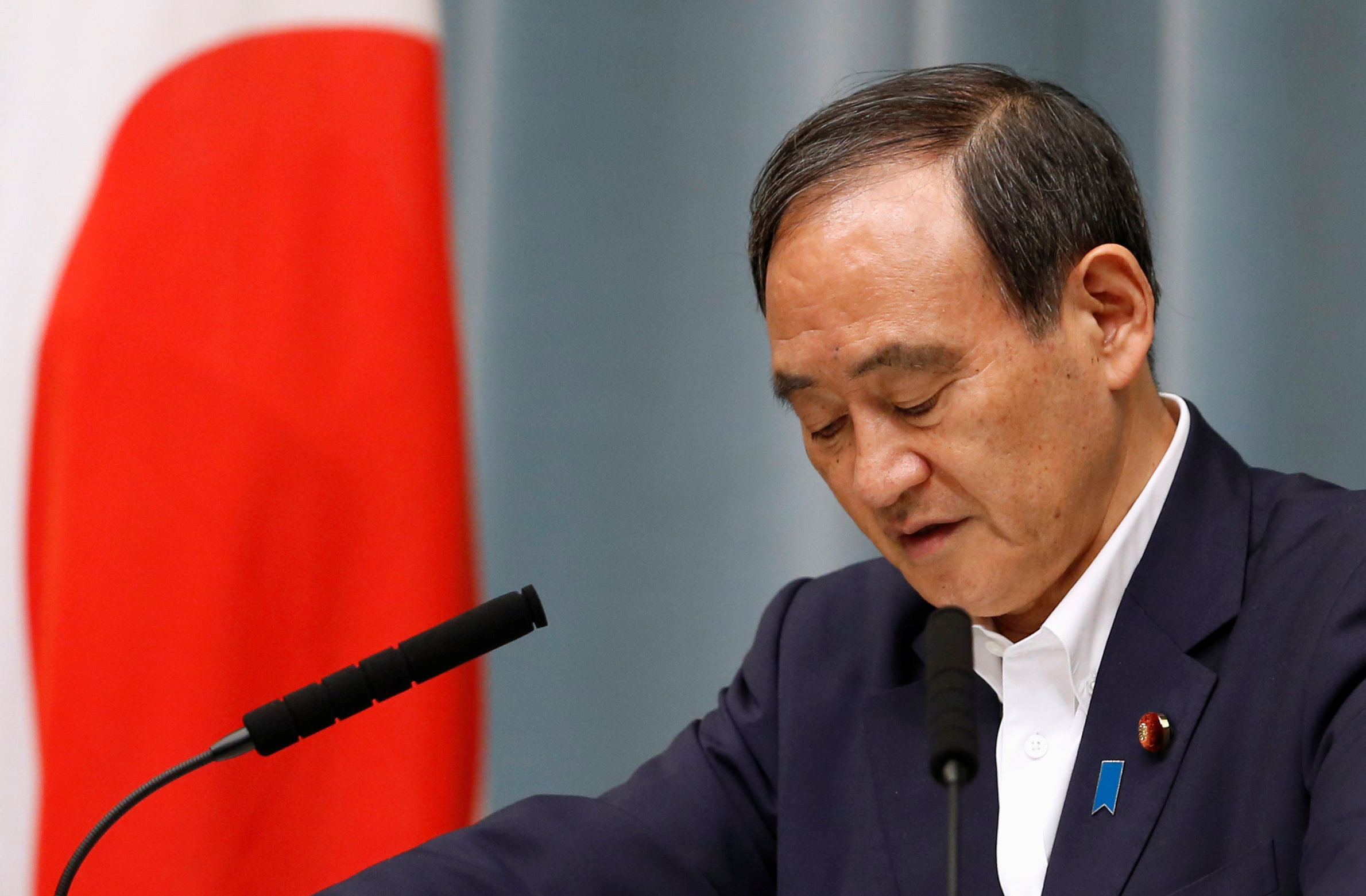
By Michelle Nichols
UNITED NATIONS (Reuters) – United States Ambassador to the United Nations Nikki Haley aims to put to a vote within weeks a U.N. Security Council resolution to impose stronger sanctions on North Korea over its long-range ballistic missile test, said several senior U.N. diplomats.
Haley told some U.N. diplomats late last week of the ambitious timeline for a U.N. response to North Korea’s launch on Tuesday of a missile that some experts believe could have the range to reach Alaska, and parts of the U.S. West Coast.
The U.S. mission to the United Nations was not immediately available to comment on the timeline for a council vote. Some Security Council diplomats have expressed doubt that a draft resolution could be put to a vote quickly.
Following a nuclear weapons test by North Korea in September, while U.S. President Barack Obama was still in office, it took the U.N. Security Council three months to agree to strengthened sanctions.

The intercontinental ballistic missile Hwasong-14. North Korea appeared to have used a Chinese truck, originally sold for hauling timber, but converted for military use, to transport and erect the missile on Tuesday.
KCNA/via REUTERS
The United States gave China a draft resolution to impose stronger sanctions on Pyongyang after the 15-member Security Council met on Wednesday to discuss the intercontinental ballistic missile (ICBM) launch, diplomats said.
China’s U.N. Ambassador Liu Jieyi told Reuters on Monday that it was important to ensure that any action the Security Council might take should be conducive to achieving the goal of a denuclearized, peaceful and stable Korean peninsula.
“We really must think very carefully about what is the best approach in the Security Council because a resolution, sanctions, are themselves not an objective,” he said.
When asked if the council could act within weeks, Liu said it would depend on how members “see the way forward in terms of council action, in terms of how that is put into the wider context of … improving the situation, preventing further tests, ensuring Security Council resolutions will be abided by.”
Traditionally, the United States and China have negotiated new sanctions on North Korea before formally involving other council members. Diplomats said the United States would informally keep Britain and France in the loop, while China was likely talking to Russia.
The United States, China, Russia, Britain and France are the Security Council’s permanent veto-wielding powers. The United States could also face a battle to persuade Russia that council action against North Korea is needed.
On Thursday, Russia objected to a council condemnation of North Korea’s missile launch because the U.S.-drafted statement labeled it an ICBM, a designation Moscow disagrees with. Diplomats said that negotiations on the statement had stalled.
North Korea has been under U.N. sanctions since 2006 over its ballistic missile and nuclear programs and the council has ratcheted up the measures in response to the country’s five nuclear weapons tests and two long-range missile launches.
During the Security Council meeting last Wednesday, Haley said some options to strengthen U.N. sanctions were to restrict the flow of oil to North Korea’s military and weapons programs, increasing air and maritime restrictions and imposing targeted sanctions on senior officials.
Diplomats said Washington proposed such options to Beijing two months ago, but that China had not engaged in discussions on the measures and instead only agreed to adding some people and entities to the existing U.N. sanctions list in June.
(Reporting by Michelle Nichols; Editing by James Dalgleish)







